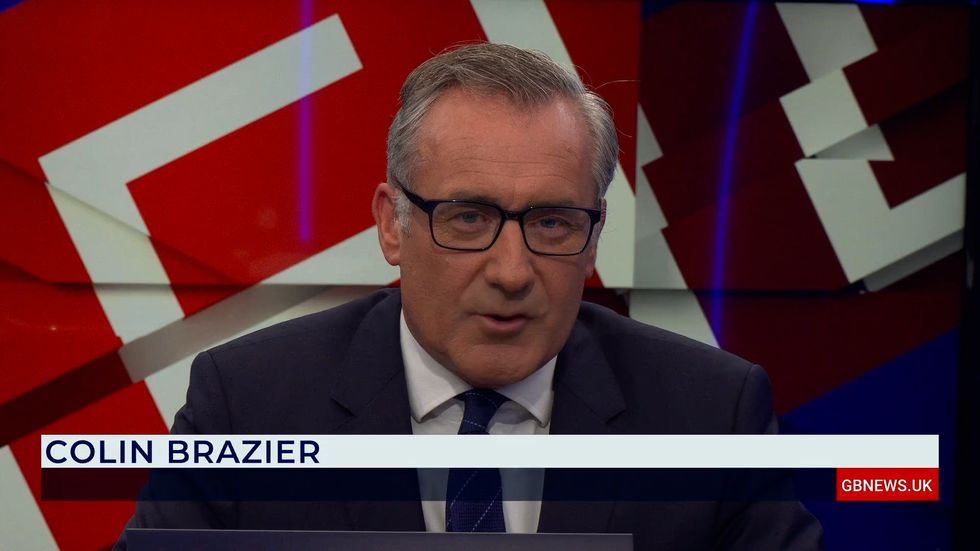Colin Brazier: It’s not fashionable to back Britain’s dairy and beef farmers - but they have a story to tell that deserves a hearing


I have a daughter who avoids meat. It’s bad for the environment Dad!
She’s a particular fan of the avocado. And, unwittingly, she’s also potentially a hypocrite.
Not just her, but hundreds of thousands of predominantly young people like her – who think they’re helping the planet, when they may actually be causing it harm.
Because production of the avocado – green gold as it’s known to growers – is doing untold damage to the eco-system of the far-off countries where it’s grown.
In Chile poor people have been left without water as rivers are diverted for avocado production. In Mexico it’s led to illegal logging and land clearances.
It’s not just the avocado.
My daughter occasionally persuades me to buy almond milk. I think it tastes like something that’s been trapped in the toilet cistern for too long, but she seems to like it.
But I wonder if she’d be quite so keen if she knew that one almond nut, ONE, requires a dozen litres of water.
In California the trees they are grown-on need pesticides, which can be bad for bees.To which Vegans might say our own dairy industry isn’t so great for the environment either.
Fair criticism? Not entirely.
Almond milk — perhaps you have some in the fridge right now — takes 20 times more tap water to produce than British dairy milk.
You see, as the Countryfile presenter and farmer Adam Henson has pointed out in an interview with the Radio Times, just because it’s Vegan doesn’t mean it’s good. Because those opposing Britain’s meat and dairy farmers often rely on an assessment of how farming works abroad – not here.
And here, it often works better. Not because we have nicer, kinder farmers necessarily. But because of our climate. Ours is a rain-soaked island. So for instance, you’ll hear farmers accused of using 17,000 litres of water to make a kilo of beef. But here most of that water is rain – not scarce supplies stolen from indigenous tribes.
Meat-haters also say Britain would be better off growing crops, not livestock. But this country of ours, with its damp but temperate climate, is apt for the growing of one thing in particular – grass. Two thirds of Britain is best-suited to grazing animals, not growing crops.
And because we’re good at grass.
We don’t need to feed our cows much else. That’s not true in many – drier - parts of the world where animals are fed food that people would otherwise eat. British dairy and meat isn’t sent thousands of miles to get here.
Why are we bothering with soya milk from abroad when we are virtually self-sufficient in home-grown cow’s milk. Agriculture does need to change.
Many farmers are going back to old methods where they rotate fields. One year crops, the next year grazing cows - leaving behind all their natural fertilizer.
You can see that change happening on British organic farms right now. But what about the stuff you can’t see?
Farming produces ten per cent of Britain’s greenhouse gas emissions, but then agriculture does account for about 70 per cent of all our land.
And those emissions tend to be methane, unlike the carbon dioxide that spews from power stations or most cars.
We now know that the methane emitted – if that’s the right word – by cows, breaks down after a decade in the atmosphere. Our CO2 is there for hundreds of years.
It’s not fashionable to back Britain’s dairy and beef farmers. But they have a story to tell that deserves a hearing.
Not everything that glitters in a foreign field is green gold.